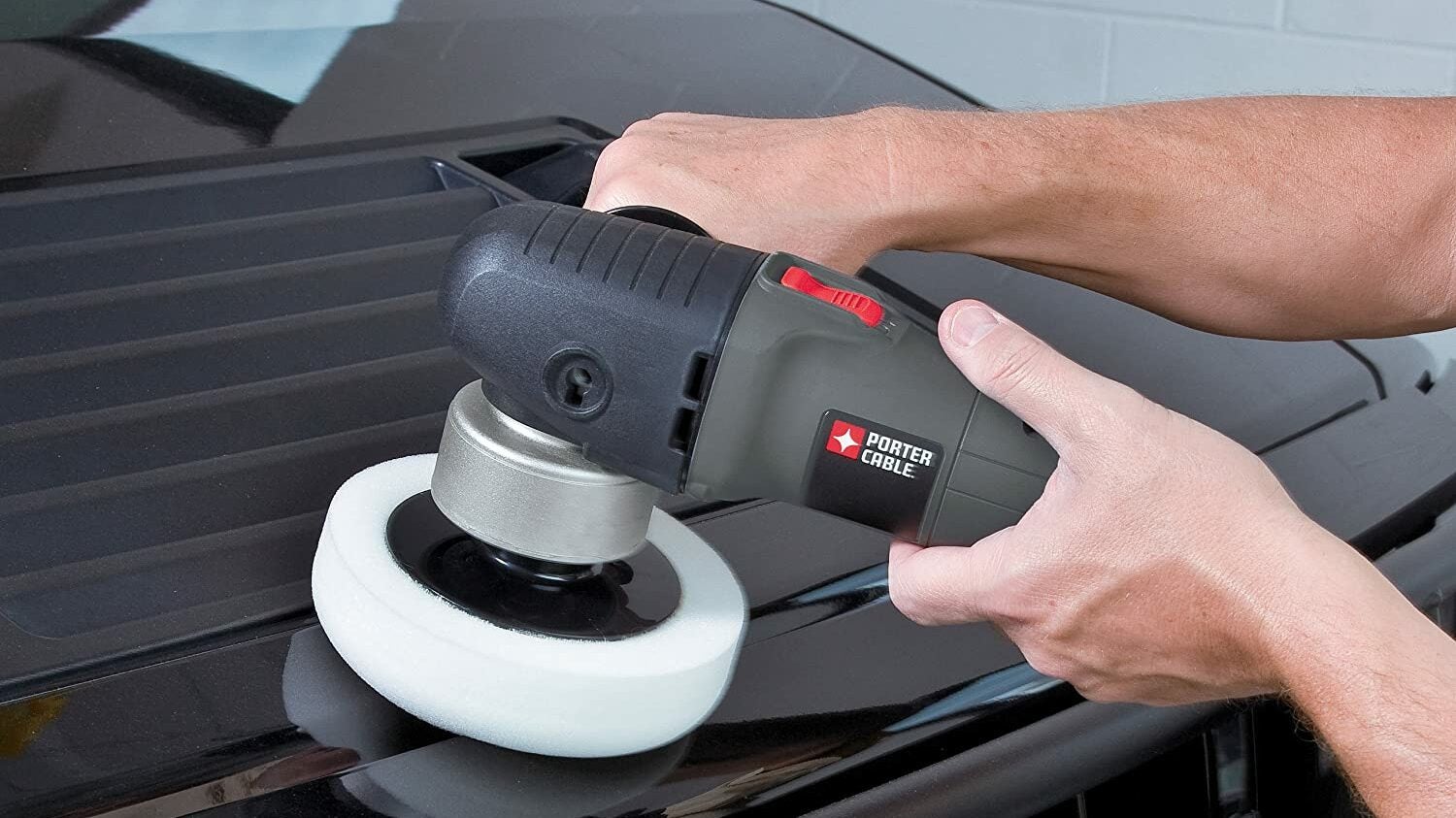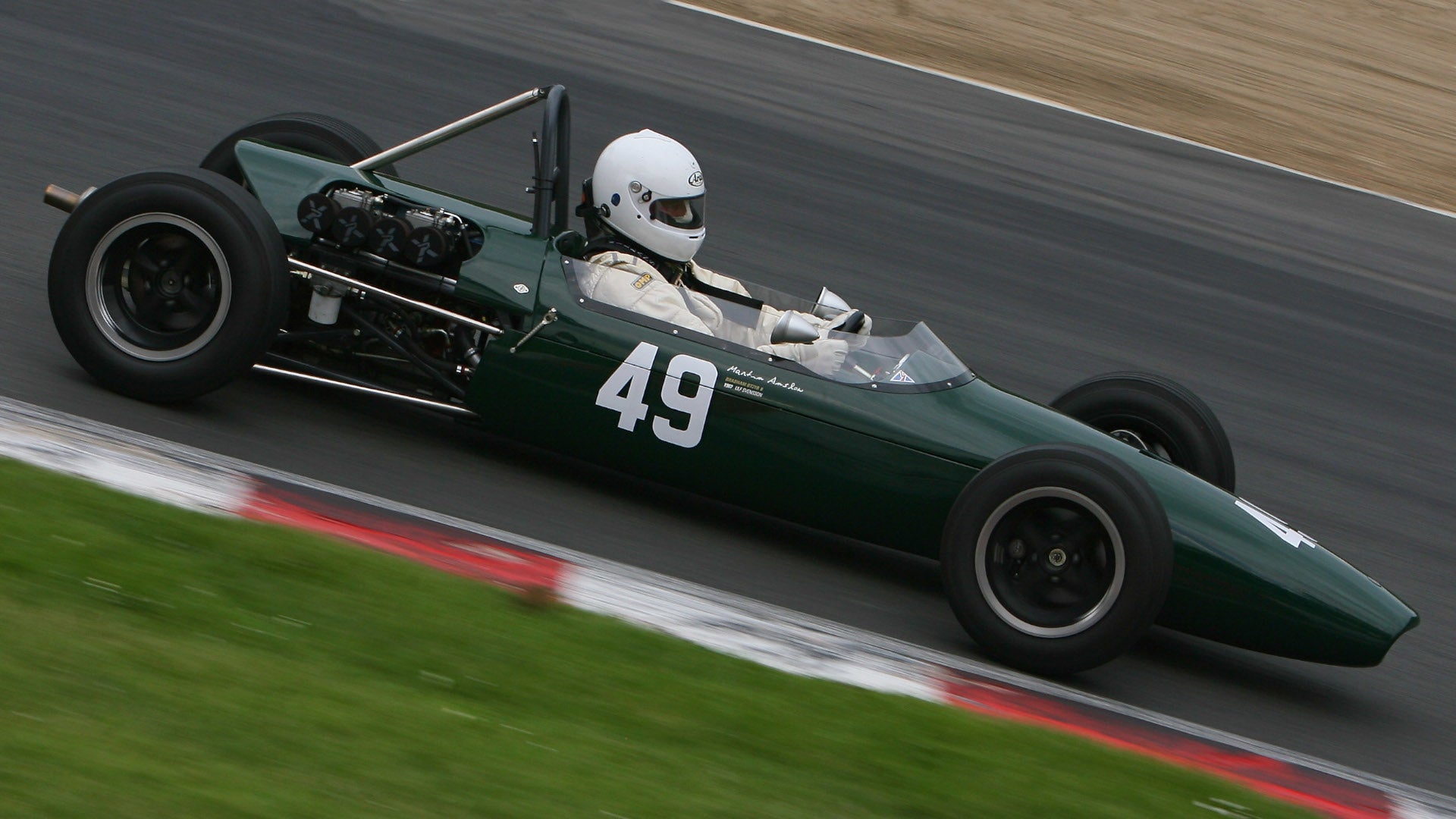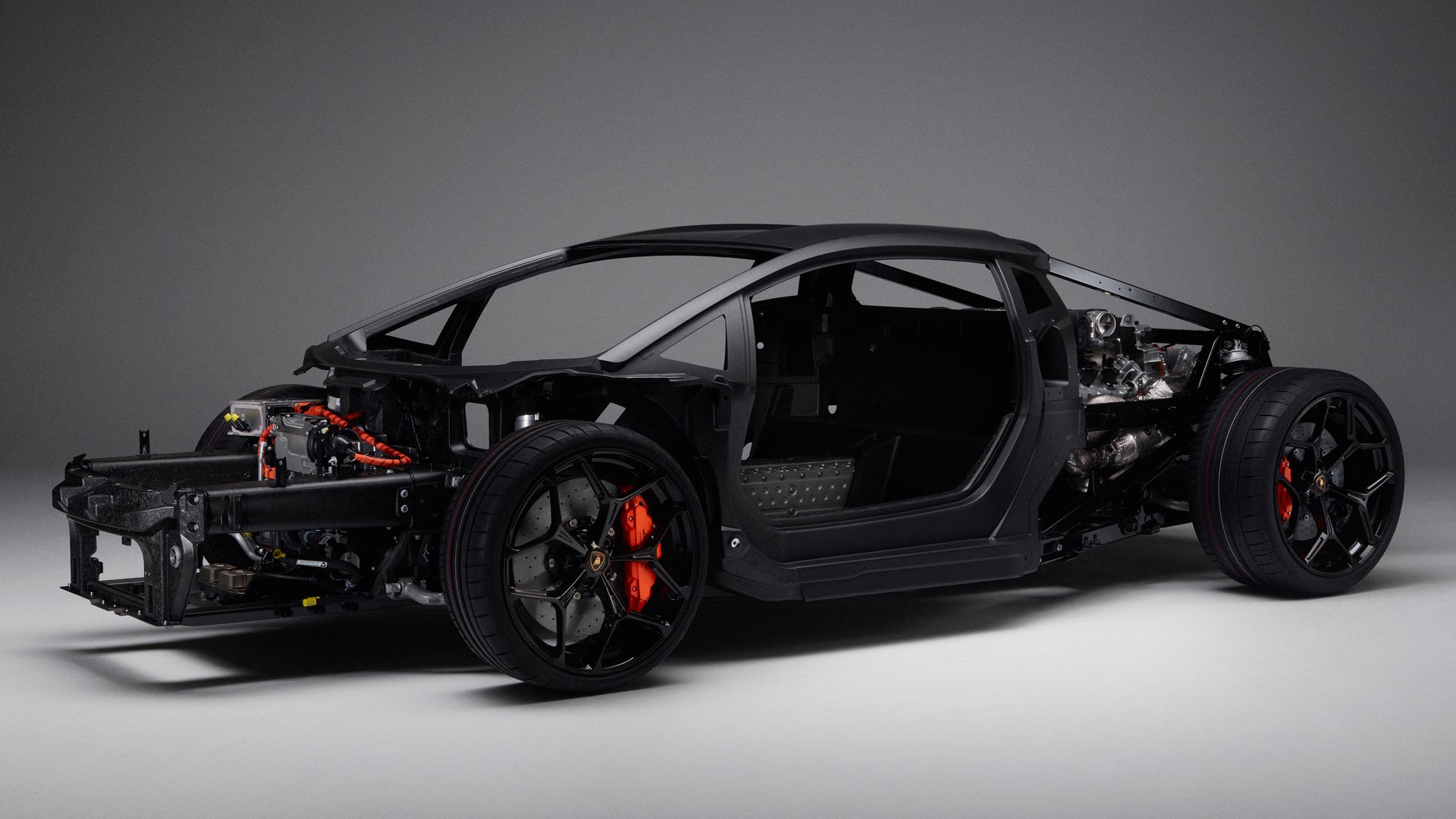You take pride in washing and polishing your car’s paint, but no matter how much you buff and wax, you can’t seem to get rid of those pesky swirls and hard watermarks. By the time you’re done working, your arm is tired, your shoulder is sore, and your back aches. There’s an easier and better way to polish your car, and it involves the use of tools.
An orbital polisher can help you achieve a beautiful finish that’s free of marks and blemishes. These aren’t your traditional polishers that just spin in place—the orbital movement makes for an easier user experience and reduces the risk of damage to your paint. This guide will explain the best orbital polisher options on the market and how to choose the best one for your needs.
From basic to advanced, budget friendly to top dollar, there’s an orbital polisher that can do just about any job you need to restore your vehicle’s paint to a pristine shine that’s free of annoying swirl marks, scuffs, and water stains. Not only will an orbital polisher save you time over hand waxing, it will give your back, shoulders, and arms much needed relief. I’ve got you covered with my top picks and a handy buying guide to answer your most burning questions.
Summary List
Best Overall: Porter-Cable Variable Speed Polisher
Best Value: Black and Decker Random Orbit Waxer/Polisher
Honorable Mention: SPTA Buffer Polisher
Best Premium: DeWalt Polisher
Best Kit: Chemical Guys Random Polisher Kit
Best Cordless: Worx Car Buffer Polisher KitMost Versatile: Ginour Polisher
Our Methodology
When it comes to choosing the best orbital polishers, I wanted to provide you with a well-rounded list that features a good variety of reputable manufacturers with solid track records of providing high-quality, reliable products. I included a wide range of prices to suit any budget. I focused on orbital polishers that use the latest technology and that feature innovative designs suitable for a wide variety of users. For more information on the selection criteria, check out The Drive’s Gear About page, which explains our methodology further.
Best Orbital Polisher Reviews & Recommendations
Our Verdict
For the ideal combination of durability, reliability, functionality, and price, the Porter-Cable Variable Speed Polisher is my top overall choice for an orbital polisher. For a budget-friendly choice, consider the Black and Decker Random Orbit Waxer/Polisher. It’s a lightweight and comfortable option that’s great for beginners.
What to Consider When Buying Orbital Polishers
There’s not a one-size-fits-all strategy for purchasing the ideal orbital polisher. Taking certain factors into consideration will help you quickly and confidently weed through the various options and get the one that best suits your needs.
Types
Standard
This is the most common type of orbital polisher that’s on the market. Standard polishers are most often found at hardware and auto parts stores. However, you won’t find many professional quality polishers in this type since they lack the polishing ability and strength for commercial use. This style of orbiter moves in a similar motion to how your hand would move while polishing your car. The pad doesn’t spin; instead, it moves in a circular motion as if it’s drawing a circle.
Random
These polishers are a bit of a combo in how they move since they are between a standard and rotary polisher. The pad does a solid spin like a rotary polisher, then it moves in a circle like a standard polisher and does both of these movements simultaneously. The actual movement is random and generated by the momentum of the spin. It can change based on stroke strength, grip, and pad size.
Forced Rotation Dual Action
These polishers combine orbital and rotary motions into a simultaneous, forced action. Unlike a random orbital polisher that relies on momentum from the user to rotate the pad, these polishers drive the orbiting and rotating motions together in a consistent pattern. They’re stronger than random orbital polishers but still easy to use and safe for beginners.
Rotary
This type of polisher is the most difficult to master and gain. The pad spins in a continuous circular motion that is smooth and consistent motion, creating the most amount of friction and heat. You’ll want to be careful about how you use these polishers because the heat buildup can damage your paint. It can also create holograms in the finish. However, this type is the most effective at fixing blemishes and scratches in the paint.
Orbital Polisher Key Features
Speed
The most important factor to consider is the polisher's speed. The faster the speed, the better it can create a deep polish and remove scratches. You'll need to be careful, though, since the higher speeds produce more friction, and potentially damaging heat. The ideal buffer speed is between 2,000 and 4,000 rpm.
Size
Find a polisher that is small enough to make it easy to move around your vehicle. It also needs to have a large enough plate to give you plenty of polishing surface. The larger the polishing pads, the more coverage you get, and the faster you can polish your vehicle. Too large of a polishing pad may make it difficult to polish smaller areas, though.
Weight
Since you have to hold your polisher the entire time you’re using it, a polisher that seems lightweight in the beginning can become very heavy by the end. Don’t choose a polisher that will fatigue your arms and cause you to quit before you’ve completed your vehicle. Lightweight polishers are comfortable and allow you to polish more in one session.
Pricing
You can get a lightweight, basic orbital polisher, which is an ideal choice for beginners, for less than $50. They offer an easy-to-use, straightforward setup and not a ton of bells and whistles. For a well-constructed, powerful and more professional-level orbital polisher, expect to spend between $65 and $150. These will come with good warranties, multiple application pads, and may even have interchangeable handles. If you’re a serious polisher and want a professional-grade, heavy-duty product, expect to spend more than $200.
FAQs
You’ve got questions. The Drive has answers.









